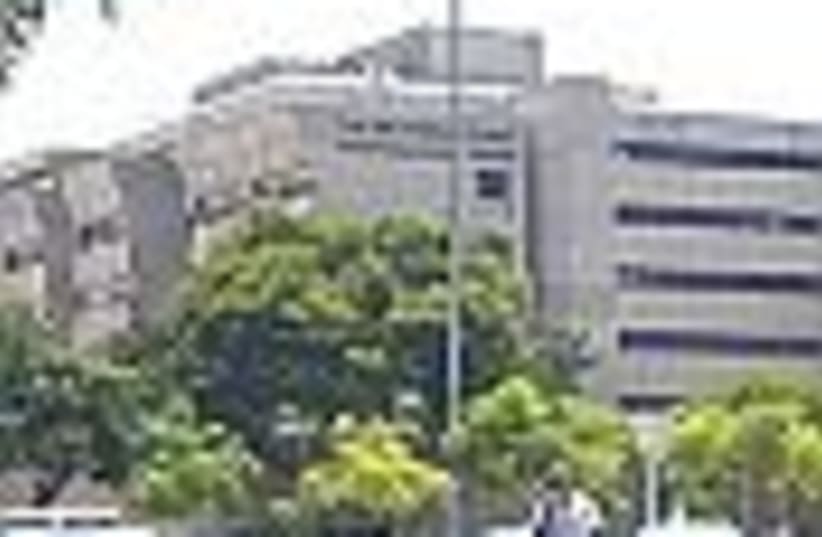| More about: | Jerusalem, Modi'in-Maccabim-Re'ut, Hebrew language, Isaac Luria |
Healing voices
The Jerusalem-based Kolot Beit Midrash launched a program entitled "Ailing and Healing" together with Sheba Medical Center's National Center for Medical Simulation.
